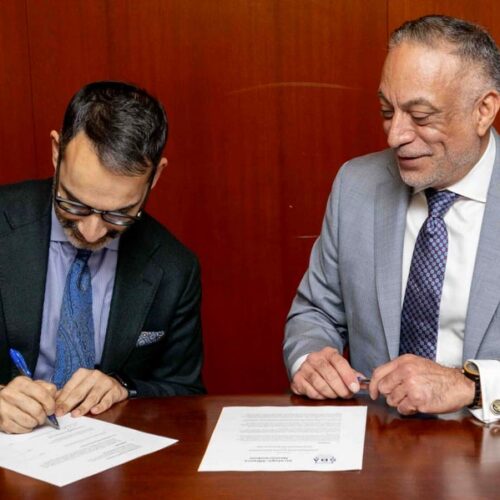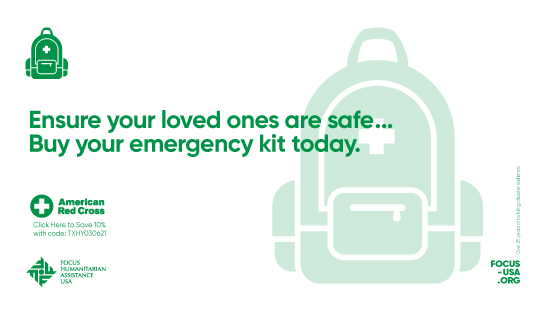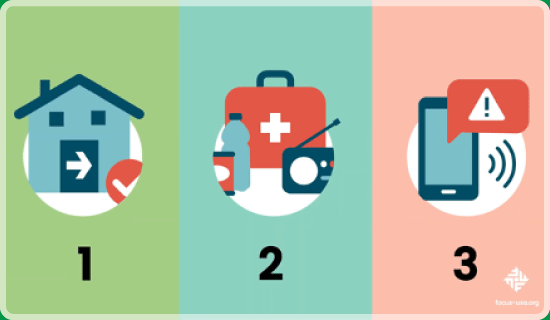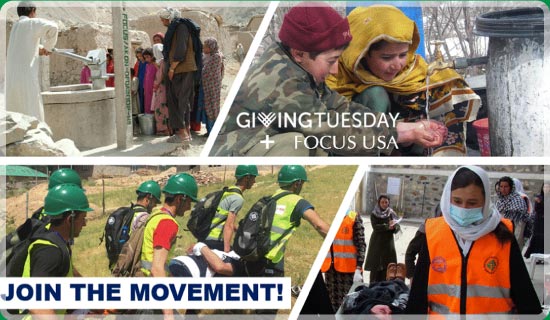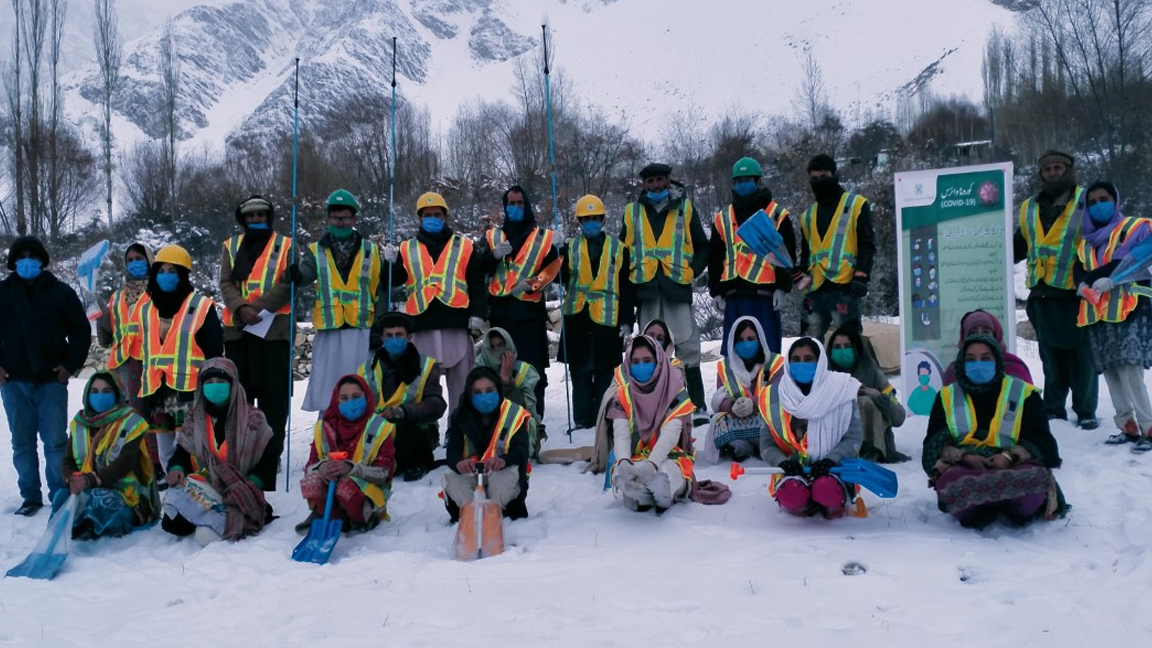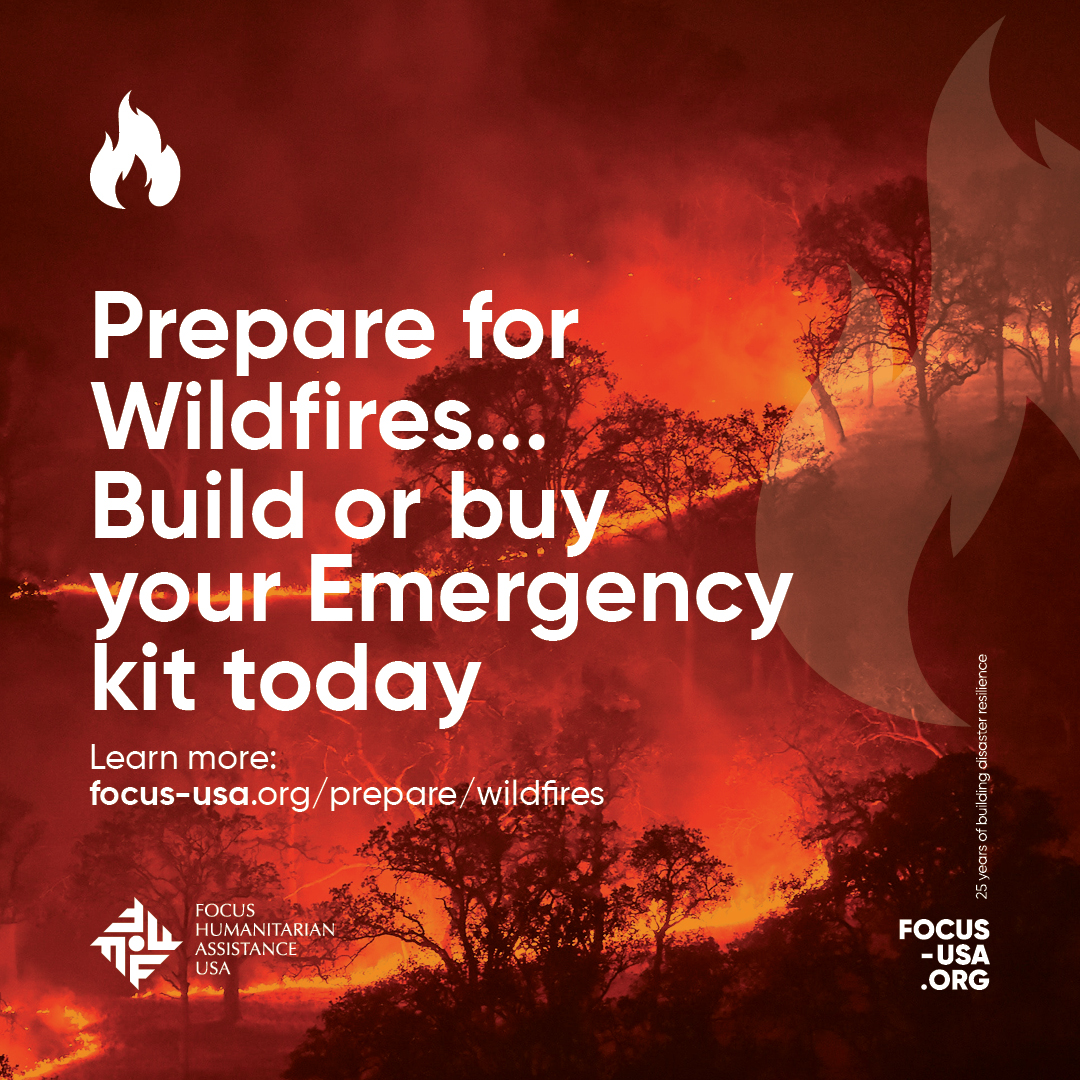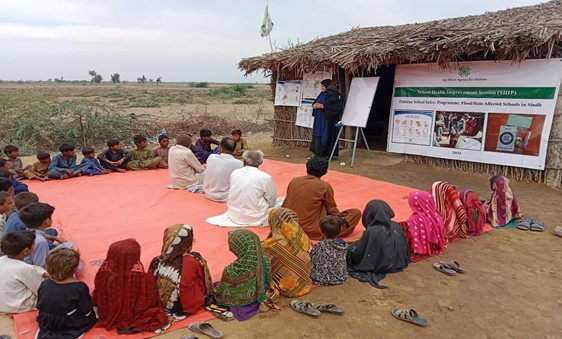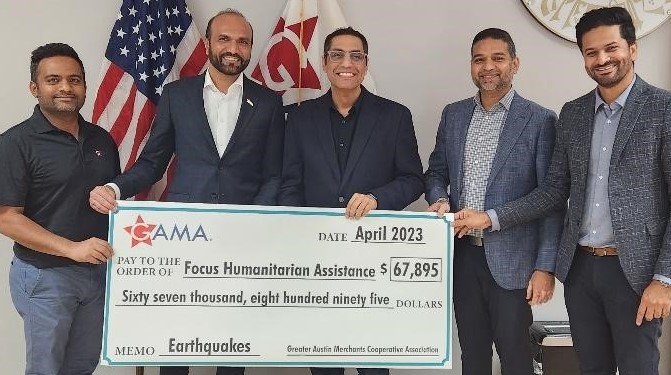The Challenge
Middle-school teacher Shamim Bano is one of the 50,000 volunteers trained in this joint community-based disaster risk management effort since 1998. As a young girl, Bano was disturbed to learn how often women were left behind during search and rescue missions, which is why she herself became a search and rescue volunteer in 2008. In 2010, Bano faced her first big rescue mission when a massive landslide hit the village of Attabad in the Hunza Valley. Six thousand people were left homeless as the water from the Attabad Lake swept away homes, farmland, and schools.“For the first time,” she said, “I had to face the real deal.” Bano and her team uncovered dozens of fallen bodies.
The Innovation
To this day, she continues voluntary service by training other women in search and rescue work—and by improving her own skills with monthly drills in her local community.
Like many residents, Bano calls Pakistan’s Northern region of Gilgit-Balstistan home, a place where the three highlight mountain ranges meet—the Hindu Kush, the Karakoram, and the Himalayas. Thousands of individual communities are spread along this beautiful mountain range, but this magnificent landscape and its people regularly face disturbances, such as earthquakes, avalanches, landslides and glacier lake outbursts.
The region of Gilgit-Baltistan is one of the earliest victims to the effects of global climate change. Nawab Ali Khan, AKAH Pakistan’s Chief Executive Officer, said that, “Of the 777 settlements in Pakistan’s climate-induced hazard zones, 40% are exposed to multiple natural hazards, with mountain communities being the most vulnerable.”
“For decades, the AKDN has been working with vulnerable communities to improve quality of life and reduce disaster risk,” added Prince Rahim Aga Khan, Chair of Aga Khan Development Network’s Environment and Climate Committees “Today, in the face of the climate crisis, understanding and mitigating these risks is even more urgent. Only by helping these communities adapt and thrive in harmony with their often-precarious habitat can we hope to mitigate the effects of climate change.”
The Impact
While climate change continues to pose a threat to the region of Gilgit-Balstistan, local community members are becoming more resilient and self-dependent. Recently, AKAH Pakistan volunteers received the 2020 World Habitat Award for their unique approach to integrating technology with indigenous knowledge to develop disaster risk management at the community level.
As AKAH continues to find new and innovative ways to mitigate disasters for the region, women like
Bano continue to play a central role in successful disaster relief efforts at every level. Today, almost 40%of all community-based disaster risk management teams consist of women.
Source: Pakistani women scale the heights in rescue teams by The Third Pole, 2021, https://www.thethirdpole.net/en/nature/pakistani-women-scale-the-heights-in-rescue-teams/
Images courtesy of AKAH Pakistan
